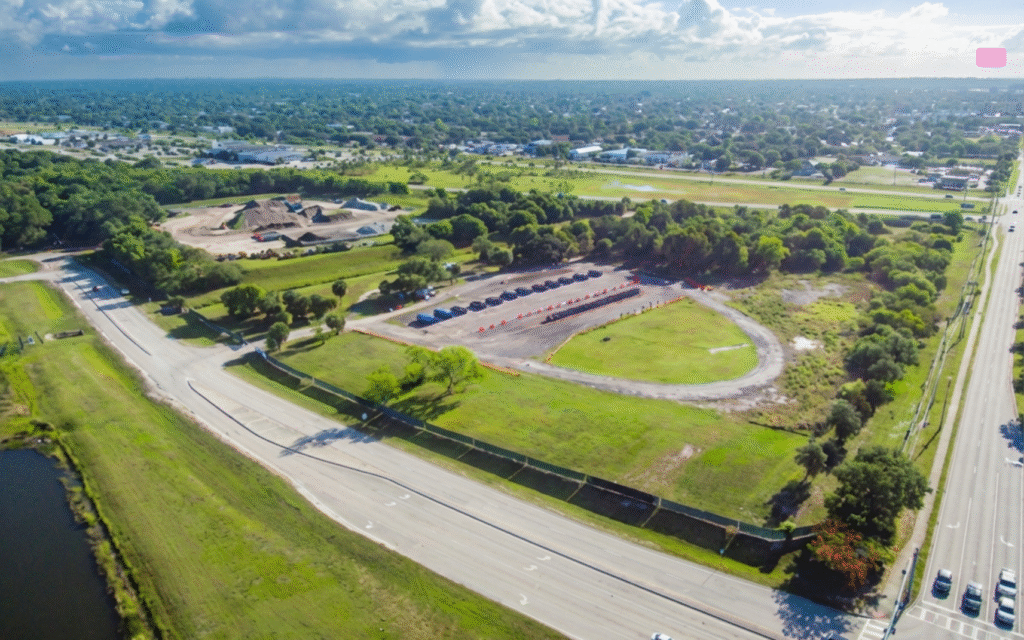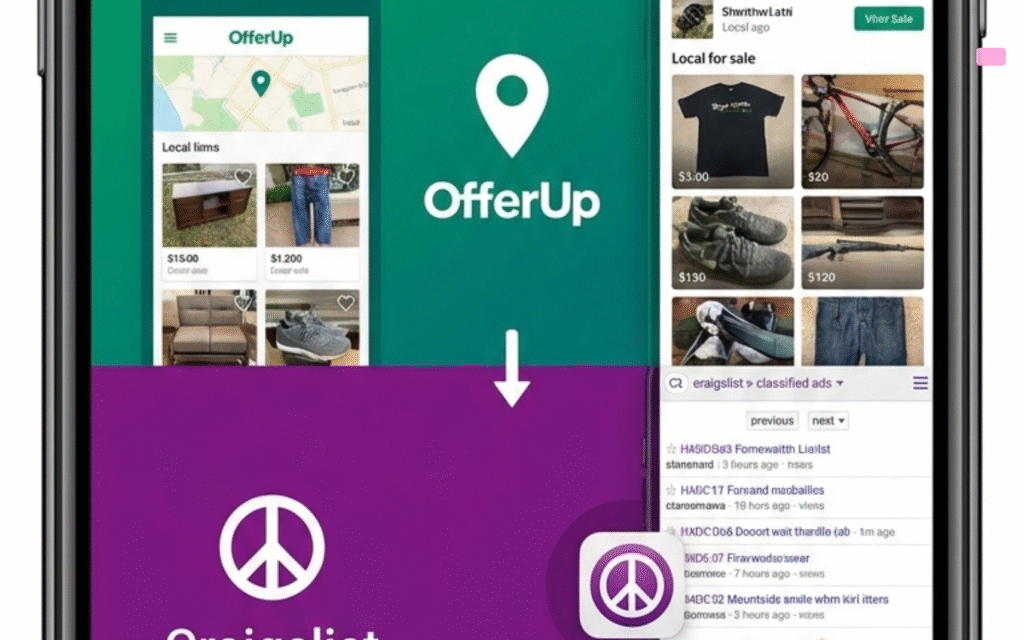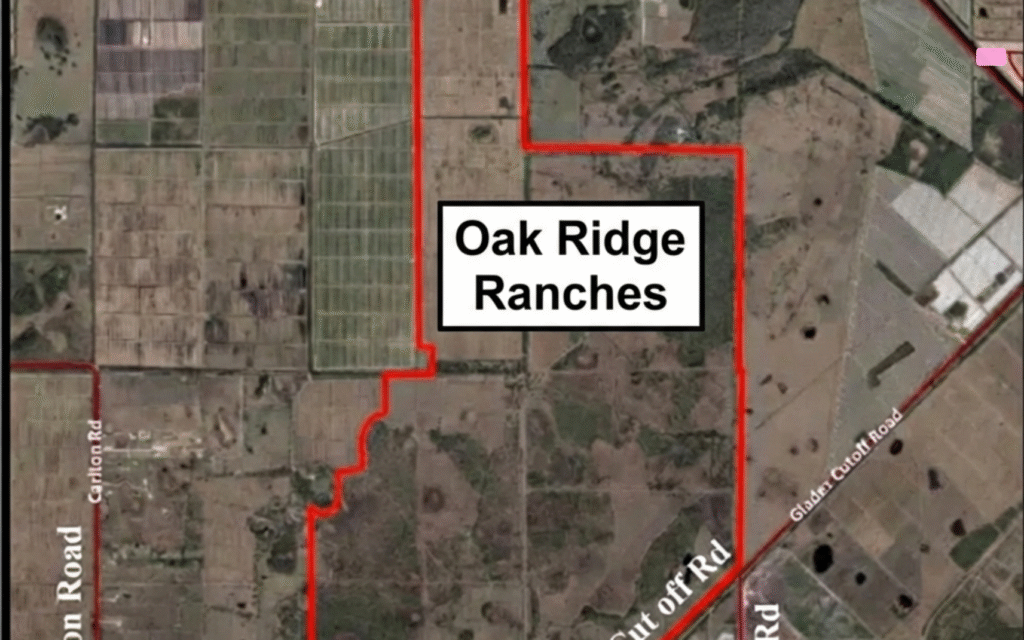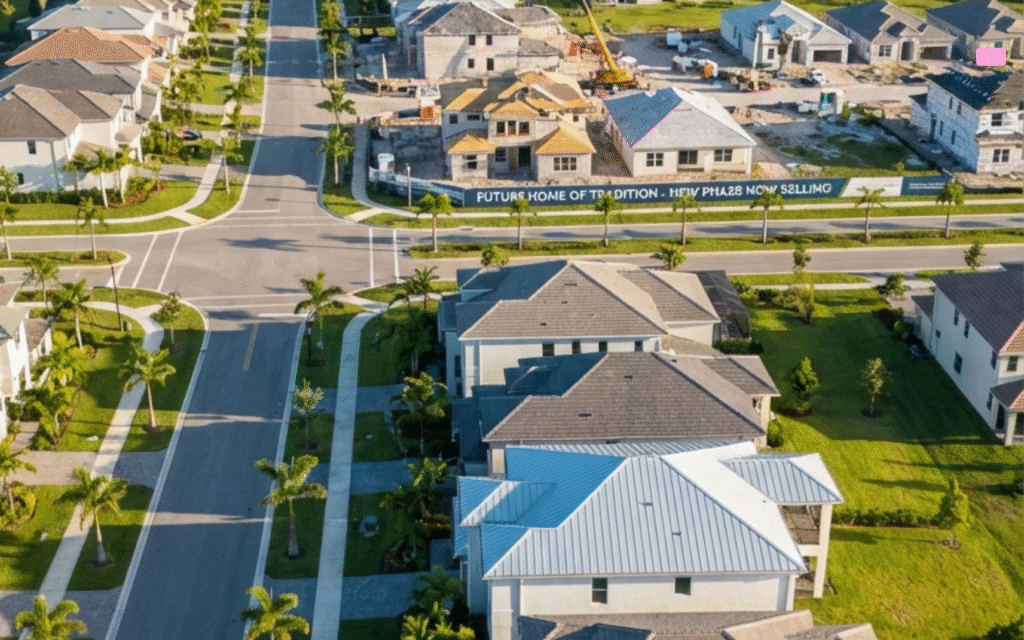Artificial intelligence in the Florida insurance industry is at the center of ongoing legislative debate as lawmakers consider whether AI systems should be permitted to deny insurance claims without human involvement. The use of AI in insurance has grown rapidly, especially as the state faces frequent natural disasters and high claim volumes.
Artificial Intelligence in Florida Insurance Industry: Current Landscape
AI technology is already widely used by insurers throughout Florida. According to industry data, AI supports key functions such as claims handling, underwriting, and pricing. Insurers have integrated forms of artificial intelligence for over 30 years, but recent advancements have made these tools more sophisticated and prevalent.
AI is credited with improving efficiency and accuracy in claims processing. These gains are considered crucial in Florida, where hurricanes and severe weather events regularly lead to large numbers of insurance claims.
High Claim Denial Rates and the Role of AI
In 2024, Florida’s average homeowner insurance claim denial rate reached 46.7%, a figure that stands out compared to the national average. After Hurricane Milton, over 92,000 homeowners were denied claims, with estimated insured losses exceeding $4.7 billion, according to official reports.
Industry experts point to AI’s role in managing these high volumes. However, concerns have been raised about whether automated systems can fairly assess complex claims, especially in disaster situations where individual circumstances vary greatly.
Legislative Efforts to Regulate AI in Insurance
During the 2025 legislative session, Florida lawmakers considered bills aimed at restricting the use of artificial intelligence in the insurance industry. Proposed legislation would have prohibited insurers from using AI as the sole basis for denying claims, requiring a human review before any denial decision is finalized.
These bills did not pass in 2025 but are expected to be reintroduced for consideration in the 2026 session. Lawmakers continue to question whether current Florida insurance laws are sufficient to prevent unfair or automated claim denials.
Existing Insurance Laws and AI Oversight
According to the Florida Office of Insurance Regulation, existing laws are designed to govern insurer conduct regardless of whether decisions are made by humans or AI systems. However, some legislators and consumer advocates argue that additional rules are needed to ensure transparency and accountability when artificial intelligence is involved in high-stakes decisions.
Industry Perspectives on Artificial Intelligence in Insurance
Insurance industry representatives highlight the benefits of AI, including faster claim resolutions, improved accuracy, and the ability to manage workforce shortages. These advantages are particularly important in Florida, where insurers must respond to large-scale disasters quickly and efficiently.
At the same time, experts caution that insurers remain responsible for all decisions, regardless of whether AI is used. Concerns persist about the potential for AI-driven errors or discrimination, especially if claim denials occur without human oversight.
Transparency and Consumer Awareness
There is broad agreement among industry observers that transparency and accountability are essential. Many consumers may not realize when AI is involved in their insurance processes, raising questions about informed consent and the ability to appeal automated decisions.
- Efficiency: AI can process claims faster, especially after major disasters.
- Accuracy: Automated systems can reduce human error in routine cases.
- Oversight: Human review is considered important to prevent unfair denials.
- Transparency: Clear communication with policyholders about AI use is a key concern.
Broader Context: AI Regulation in Florida and Beyond
The debate over artificial intelligence in the Florida insurance industry reflects wider national and global concerns about the ethical use of AI in high-stakes decision-making. Lawmakers in Florida are also considering broader regulations on AI, including in sectors such as education.
Other states have introduced or enacted similar legislation to address the use of AI in insurance and other regulated industries. The focus remains on balancing technological innovation with consumer protection and fairness.
Frequently Asked Questions About Artificial Intelligence in Florida Insurance Industry
What is artificial intelligence in the Florida insurance industry?
Artificial intelligence in the Florida insurance industry refers to computer systems that help insurers process claims, set prices, and make decisions. These systems use data and algorithms to improve efficiency and accuracy.
How much does AI impact claim denials in Florida?
AI is widely used in claims handling, and Florida’s homeowner insurance claim denial rate reached 46.7% in 2024. AI can speed up decisions, but concerns exist about fairness if claims are denied without human review.
Are there laws about using AI in insurance claim decisions?
Florida has insurance laws that apply to both human and AI decisions. Lawmakers are considering new rules that would require a person to review any claim denial made by AI.
Can you appeal an insurance claim denied by AI in Florida?
Yes, policyholders can appeal claim denials, even if AI was involved in the decision. Insurers are still responsible for all claim decisions under Florida law.
Where are AI systems used most in Florida’s insurance industry?
AI is used in claims processing, underwriting, and pricing by many insurance companies throughout Florida. Its use is especially common after natural disasters when claim volumes are high.
































